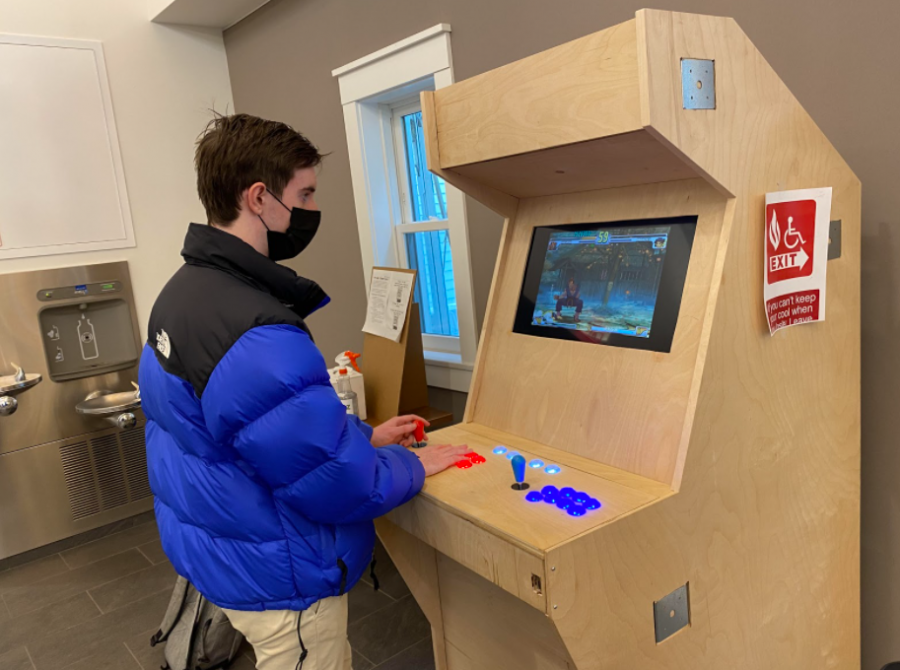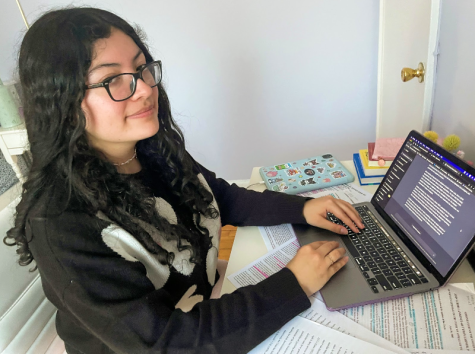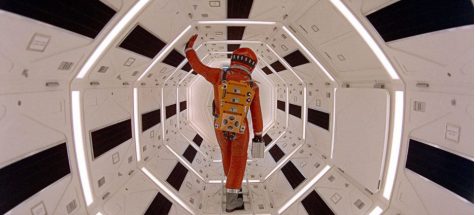Junior Thesis: The Good and the Bad
Views about the Junior Thesis project have been varied, with teachers viewing it as a good way to develop writing and planning skills, whereas students believe it’s just extra work.
It’s safe to say that the 11th grade thesis project has been a hot subject of debate since it was announced to Juniors back in October. There are plenty of reasons why the project is ideal for a student’s junior year: it’s a foray into the large, self-guided assignments that are much more common in college curriculums. That being said, student reception of the project has been tepid at best.
With the many struggles that come with the Coronavirus, long term assignments can be especially difficult to manage due to a lack of class time. In addition, tracking down thesis advisors in school can be tough when a student and an advisor’s class schedule don’t line up.
In addition, the sheer magnitude of the project can be daunting, especially when considering just how much of a rigorous year 11th grade can be. Harder classes, rigorous extracurriculars, and test prep can often compose a work-heavy year for rigorous students. Adding a twenty page paper into the mix is another straw on the camel’s back.
On the other hand, the skills developed during the thesis can no doubt be invaluable later on in a student’s college career, and possibly beyond. Learning how to map out large, independent projects is a vital life skill, and one that will help students with college work. Taking initiative to meet with teachers on a weekly or biweekly basis is also a great way to get students to engage deeper in the learning process.
While the thesis may be controversial, the importance of learning to do large amounts of work and developing planning skills shouldn’t be underestimated. Being that Juniors are getting to the point where they are beginning to become adults, it’s only natural that more rigorous work be assigned to push them out of their comfort zones.













